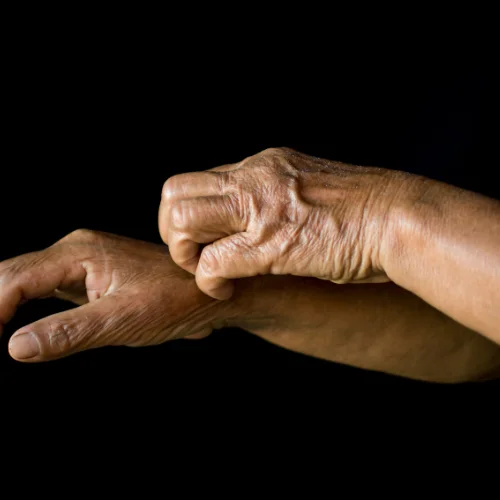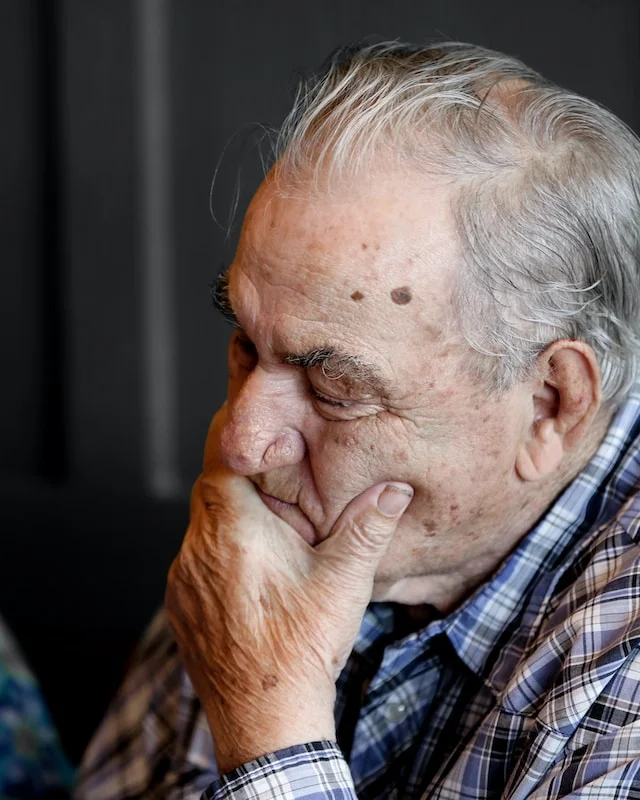Hand Weakness in Elderly Individuals: Causes, Research, and Solutions
As we age, our bodies undergo various changes, and one common issue among elderly individuals is hand weakness. This problem can significantly impact daily activities and quality of life. Understanding the possible causes and solutions for hand weakness in the elderly is crucial for addressing this issue effectively.
Hand weakness in elderly patients – possible reasons
As we age, our bodies undergo various changes, and one common issue among elderly individuals is hand weakness. This problem can significantly impact daily activities and quality of life. Understanding the possible reasons behind hand weakness in elderly patients is crucial for effective management and treatment. Here, we explore ten potential causes:
Peripheral Nerve Compression
Syndromes affecting the peripheral nerves supplying the hand, such as the median, ulnar, and radial nerves, are common culprits. These nerves may become compressed as they pass through the elbow, forearm, or wrist, leading to weakness in the hand muscles.
Joint Diseases

Conditions such as arthritis can affect the joints of the hand, leading to pain, stiffness, and weakness. Degenerative changes in the joints can impair mobility and strength, contributing to hand weakness in elderly individuals.
Vascular Diseases
Reduced blood flow to the hand due to conditions like peripheral artery disease (PAD) or diabetes can result in weakness and numbness. Poor circulation deprives the muscles of oxygen and nutrients, leading to weakness and reduced functionality.
Brachial Plexus Disorders
Lower motor neuron syndromes involving the brachial plexus, a network of nerves that control movement and sensation in the shoulder, arm, and hand, can cause weakness in the hand muscles. Damage to the brachial plexus can occur due to injury, inflammation, or compression.
Cervical Radiculopathy
Compression or irritation of the nerves exiting the cervical spine (neck) can result in cervical radiculopathy, characterized by weakness, pain, and numbness radiating down the arm and into the hand. Herniated discs, bone spurs, or narrowing of the spinal canal can cause cervical radiculopathy in elderly patients.
Amyotrophic Lateral Sclerosis (ALS)
ALS, also known as Lou Gehrig’s disease, is a progressive neurological disorder that affects nerve cells in the brain and spinal cord, leading to muscle weakness and atrophy. Elderly individuals may develop ALS, resulting in hand weakness and other motor impairments.
Myasthenia Gravis
Myasthenia gravis is an autoimmune disorder characterized by muscle weakness and fatigue, including weakness in the muscles of the hands and fingers. In myasthenia gravis, the immune system attacks the receptors on muscle cells, impairing their ability to contract effectively.
Stroke
Elderly individuals are at increased risk of stroke, which occurs when blood flow to the brain is interrupted, leading to brain damage. Depending on the location and severity of the stroke, weakness or paralysis in the hand and other parts of the body may occur.
Neurodegenerative Diseases

Conditions such as Parkinson’s disease and multiple sclerosis (MS) can affect the central nervous system, leading to motor symptoms including weakness, tremors, and loss of coordination. These diseases can impact hand function and dexterity in elderly patients.
Muscle Atrophy
Age-related muscle loss, known as sarcopenia, can result in weakness and reduced muscle mass in the hands and other parts of the body. Lack of physical activity, poor nutrition, and hormonal changes contribute to muscle atrophy in elderly individuals.
In conclusion, hand weakness in elderly patients can stem from various underlying reasons, including nerve compression, joint diseases, vascular problems, and neurological disorders. Understanding these potential causes is essential for accurate diagnosis and appropriate management of hand weakness in elderly individuals, ultimately improving their quality of life and functional independence.
What does the research say?
Research conducted by E.W. Massey sheds light on the prevalence and potential causes of hand weakness in elderly patients. Syndromes affecting the peripheral nerves supplying the hand, such as the median, ulnar, and radial nerves, are common culprits. These syndromes often result from compression of these nerves along their pathways through the elbow, forearm, or wrist.
Additionally, lower motor neuron syndromes involving the brachial plexus, cervical radiculopathy, amyotrophic lateral sclerosis (ALS), and myasthenia gravis are among the other potential causes of hand weakness in the elderly.
Solutions
Addressing hand weakness in elderly patients requires a comprehensive approach that considers both the underlying cause and available treatments. Alongside a thorough history and physical examination, various tests can help identify the nature and location of lesions contributing to hand weakness.
Electromyography, magnetic resonance imaging (MRI), computed tomography (CT), and myelography are some of the diagnostic tools that may be utilized to either confirm or rule out specific diagnoses.
Once a diagnosis is established, treatment options may include physical therapy, medication, or in some cases, surgical intervention to alleviate nerve compression or address underlying conditions.
Conclusion
Hand weakness in elderly patients is a significant concern that can significantly impact their independence and quality of life. Understanding the potential causes, as well as utilizing appropriate diagnostic tools and treatments, is essential for effectively managing this condition. By addressing hand weakness proactively, healthcare providers can help improve the overall well-being and functionality of elderly individuals, enabling them to maintain their independence and engage in daily activities with greater ease.

